At IMTF, there is a strong shared belief that intelligent use of technology for compliance and digitisation can pave the way to a safer and more sustainable world.
IMTF was founded in 1987 by Mark Büsser. After graduating from the Swiss Federal Institute of Technology in Zurich with a degree in aeronautical engineering, he went to IMD in Lausanne, Switzerland, where he obtained an MBA in 1984. He started his career in management consulting, then led and transformed a large machinery and automation company into an integrated provider of hard- and software solutions.
It was during trips to the US and Japan that he discovered optical memories, which were much more powerful than the hard disks and image digitisation devices of the time. Mark Büsser then realised the potential of this technology for document management and archiving. At the age of 33, he left his job to create IMTF in the area of Fribourg, Switzerland.
The first engineers in the early days of IMTF then started working on what was to become hyper-doc, a software solution for digitising and archiving documents and managing interdependent processes.
“This was the game-changer that allowed the company to grow successfully in a nascent market and subsequently enter the banking sector,” said Gion-Andri Büsser, the current CEO of IMTF and son of Mark. At the time, payment transactions were still managed manually, a laborious process that IMTF’s technology was able to greatly simplify.
By developing an electronic archiving solution for banks – a regulatory requirement for every financial provider – IMTF became the first FinTech in Switzerland. Then, in the late 1990s, anti-money laundering legislation prompted Mark Büsser to look at technology to automate controls. This, Büsser said, eventually triggered the development of IMTF as an integrated RegTech platform.
Today, IMTF has positioned itself as one of the world’s leading suppliers of compliance solutions. The company boasts 35 years’ of experience and has built a strong reputation in the fields of compliance, fraud detection and counter-terrorism financing as well as enterprise digitisation tools to automate information, processes and more. IMTFs Anti-Financial Crime suite Siron® AFCS is one of the leading technology platforms to detect Anti-Money Laudering and also perform KYC tasks, boasting over 1,500 clients worldwide.
Today’s KYC challenges
IMTFs’ mission is to help banks and financial institutions to make their compliance operations more efficient as well as reduce their costs and risks.
Financial crime has been growing steadily in recent years and financial organisations around the world are facing a growing challenge from fraudsters who are adopting increasingly sophisticated and inventive approaches.
To combat fraud and financial crime, organisations must deal with a significant volume of data, which is extremely complex and time-consuming to analyse. This has created the need for automated real-time fraud detection and prevention techniques. With ongoing technological disruptions across various industries, RegTech solutions have expanded greatly to assist financial organisations in identifying and preventing all types of financial crime.
In addition, stricter anti-money laundering and sanction regulations are leading to more stringent Know Your Customer (KYC) and Customer Due Diligence (CDD) requirements for banks and financial institutions. This has created upward pressure on the cost of running comprehensive KYC compliance programmes, says Büsser.
“The cost of running a comprehensive KYC compliance programme continues to rise and have exploded over the last years.”
What is IMTF’s approach to tackling this? According to Büsser, a large portion of the cost can be attributed to personnel costs. This means there is a huge opportunity to be had. By leveraging automation and removing unnecessary manual work, companies can tackle the rising costs of compliance programmes.
Companies should look to deploy digitalization tools to automate steps and processes as much as possible, Büsser continued. This will enable more efficient work for quicker turnarounds and decisions, better “information governance”, and chart a path for improved collaboration between teams.
The power of AI and automation
IMTF champions the use of artificial intelligence. In fact, Büsser said, “AI is the next KYC frontier.”
Together with automation, he continued, AI can have a significant and far-reaching impact, by creating “smart” KYC systems which can anticipate upcoming KYC risks as well as smartly prioritising workload for the team based on past learnings.
Intelligent process automation is one of the AI-enabled technologies that IMTF is advocating to transform KYC processes. Büsser said that given that the majority of compliance cost originates from manual processing, improvements in the process space can significantly increase efficiencies and reduce costs. The use of machine learning and other new developments in this space will contribute to further advances and infer behavioural effects.
In addition, Büsser said data aggregation and data sharing are also a key to forming better KYC processes, and more importantly, an improved view on client risk. “This allows not only to better identify real threats but also to reduce unnecessary, non-risk review processes.”
Finally, Büsser added that thinking about financial risk solutions from a platform perspective allows to build-out new use cases quickly and integrate third-party sources at almost zero cost.
The importance of perpetual KYC
Perpetual KYC, also known as pKYC, has generated great interest in the financial crime space. Compared to more traditional approaches, the approach is said to generate significant cost and risk benefits if firms are able to maintain KYC profiles dynamically as new information becomes available to them.
“Perpetual KYC for us at IMTF means that client data points and the related actions that need to be taken are monitored on a continuous basis, fed with real-time data, compared to traditional KYC where a snapshot is taken at a certain point in time”, Büsser said.
This approach means that banks can be sure that compliance-relevant KYC chances will be surfaced immediately, and that the bank can react accordingly when the change happens. Additionally, Büsser said a perpetual approach also means that KYC reviews are no longer a large task to be completed at the end of a period, but rather, a regulator process that can be planned across the entire year, thus spreading the workload of a team more evenly.
The future of KYC
Looking ahead, Büsser said the future of KYC processes will be built on the pillars of automation, AI and data. Processes and programmes will be informed by real-time data sources that can be tapped and integrated. In this way, KYC profiles become much more accurate and can better reflect the risk a certain client in posing.
“This ultimately allows banks to capitalise on business they would have previously walked away from.”
Implementing these new KYC systems, Büsser said, requires strong central management capabilities and solution expertise. This is needed to facilitate the culture change necessary and to empower organisations to leverage the implemented solutions to their full potential. “IMTF has the scale, the experience, and product offering to help its clients meet these challenges,” he added.
Latest news
Recently, the Californian firm FICO, known for its credit rating system, reached an agreement to transition its Siron® compliance business to IMTF.
IMTF has been a partner in the Siron business for over 20 years and will now assume responsibility for the entire Siron Anti-Financial Crime Solutions suite worldwide. The Siron AFCS suite is used by over 1,500 organisations in more than 100 countries and will complement IMTF’s existing compliance offering.
The agreement will also extend current customers’ investments in Siron products with new functionalities and innovations. Büsser said, “Through the transaction, we will not only be able to offer existing customers confidence, support and a long-term roadmap for their products but also increase the customer value through complementary tools, leveraging latest developments in AI and data science.”
Copyright © 2022 FinTech Global

